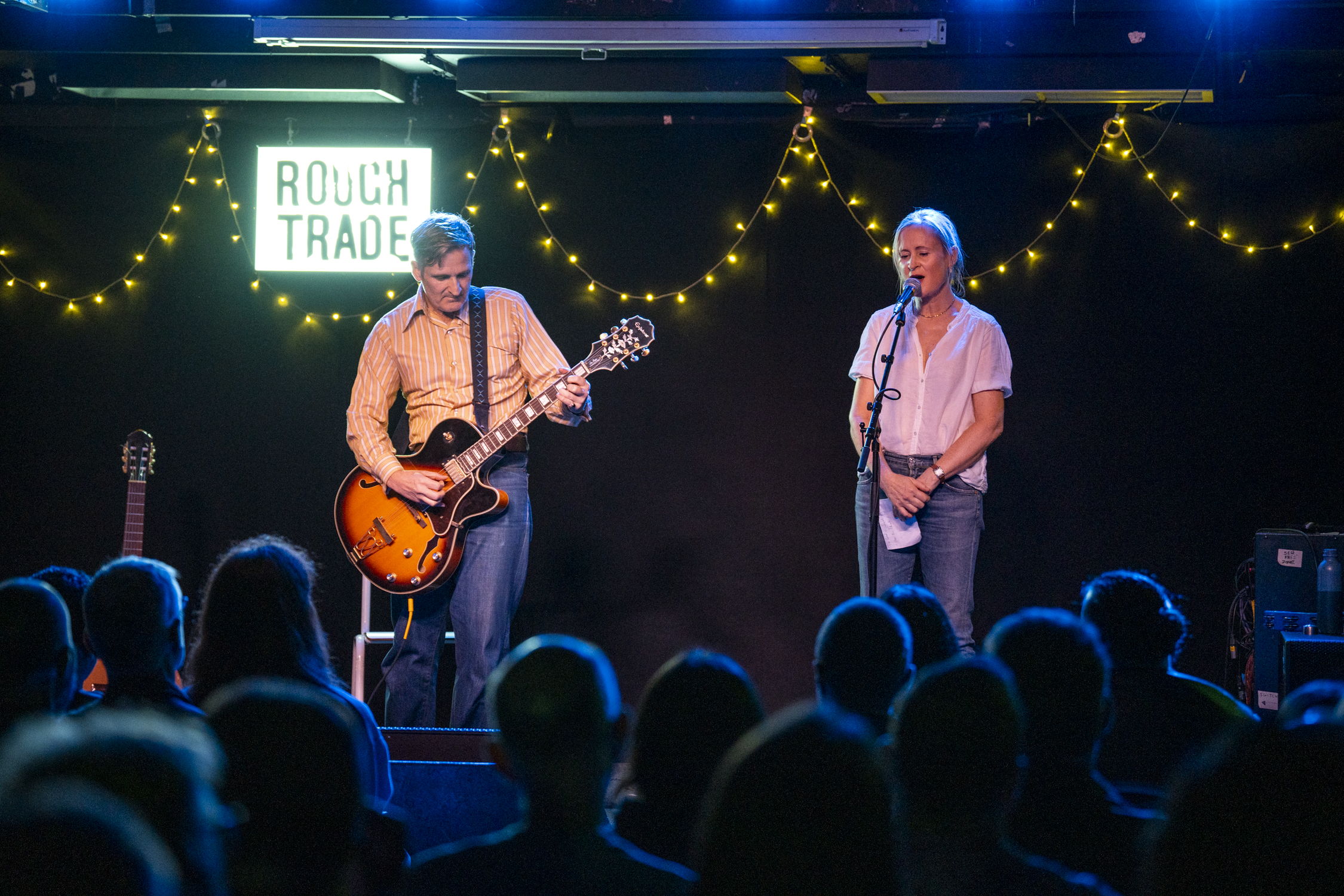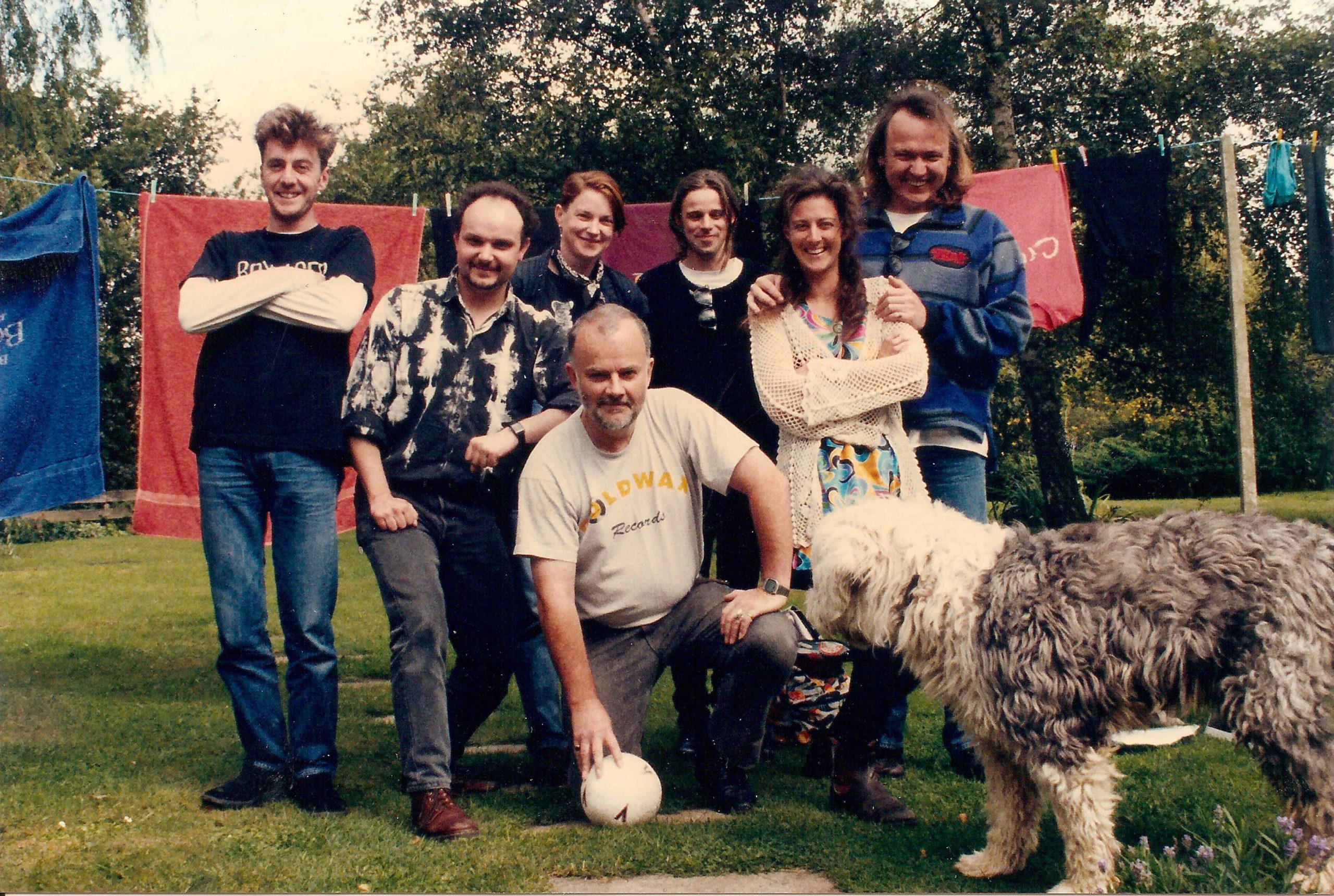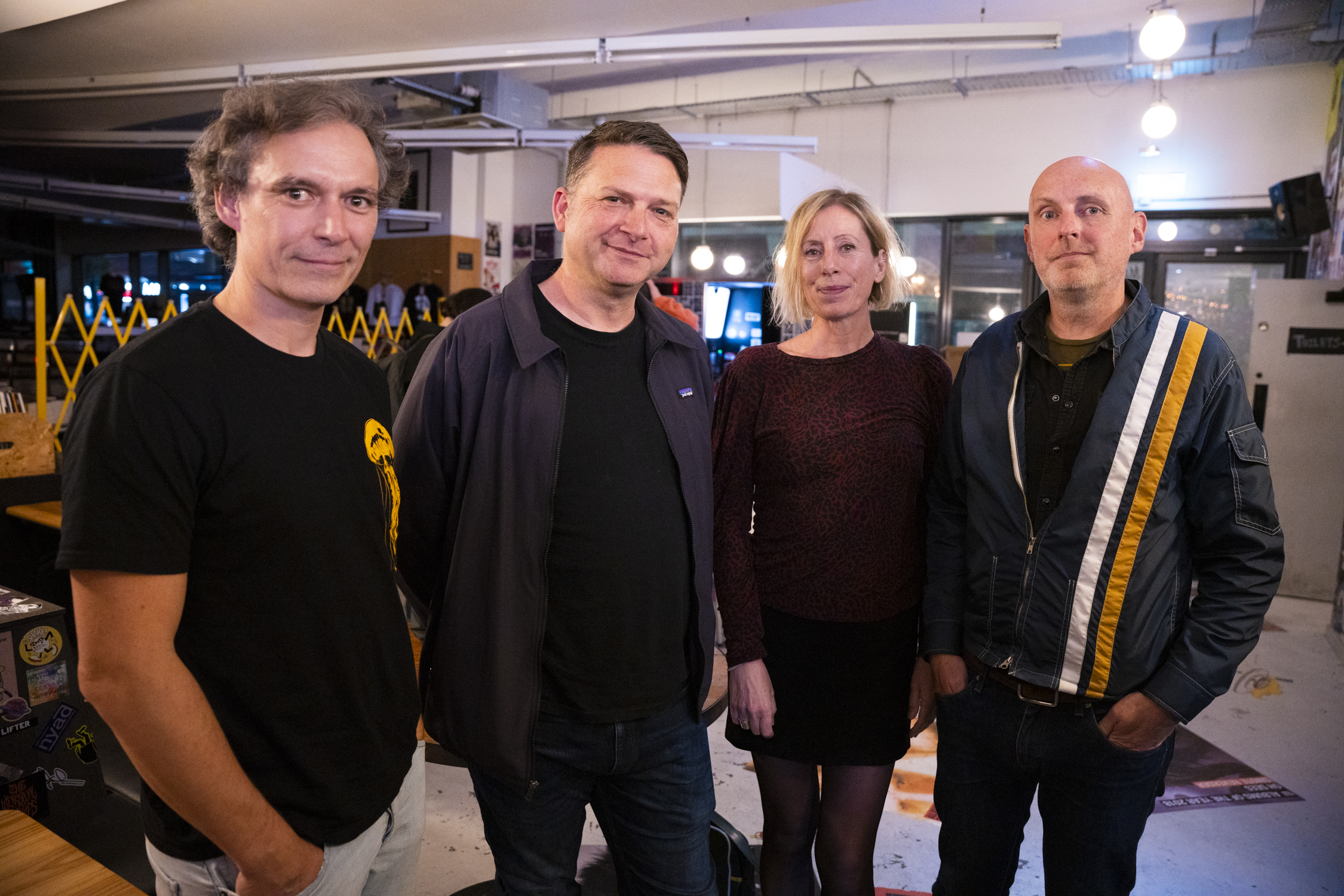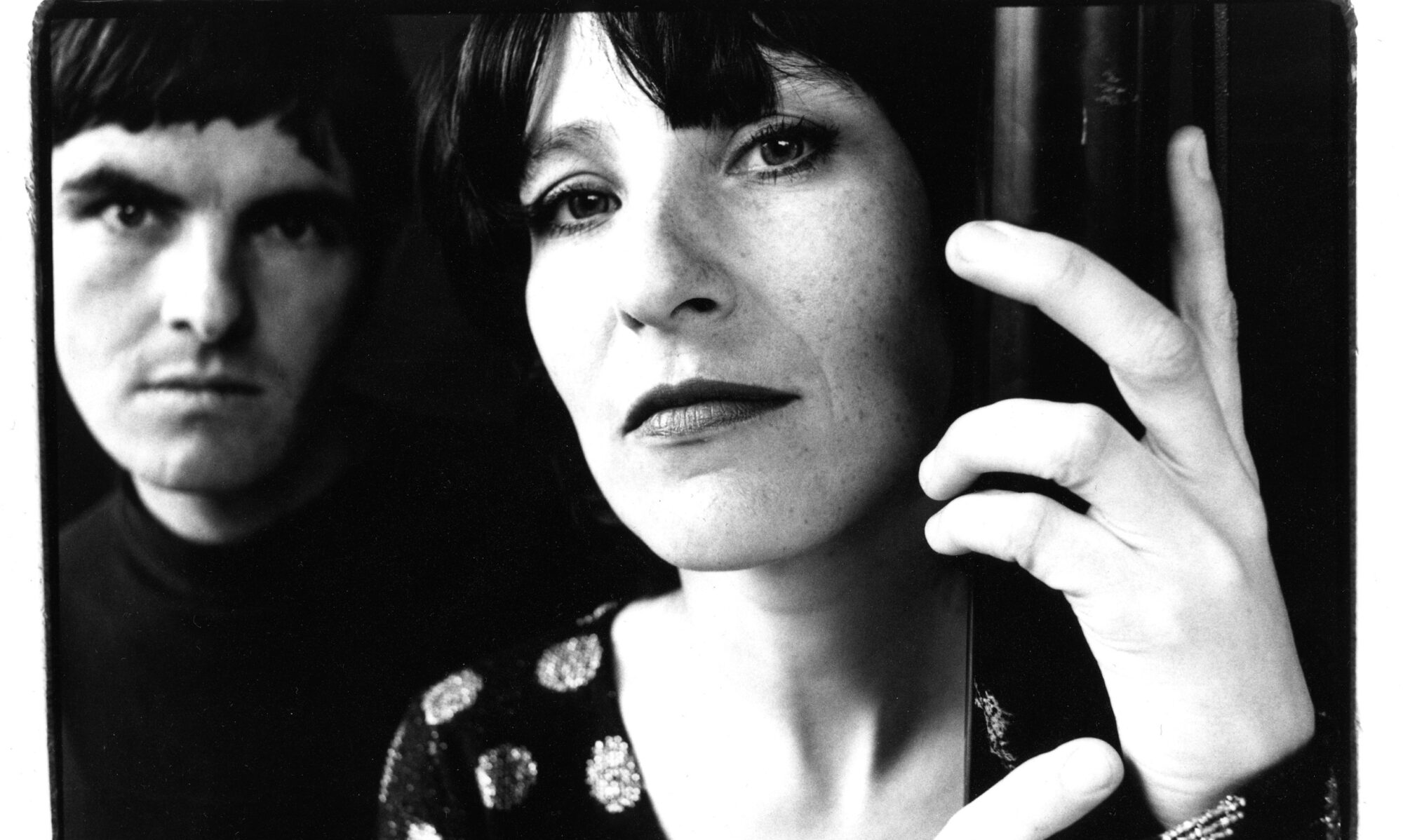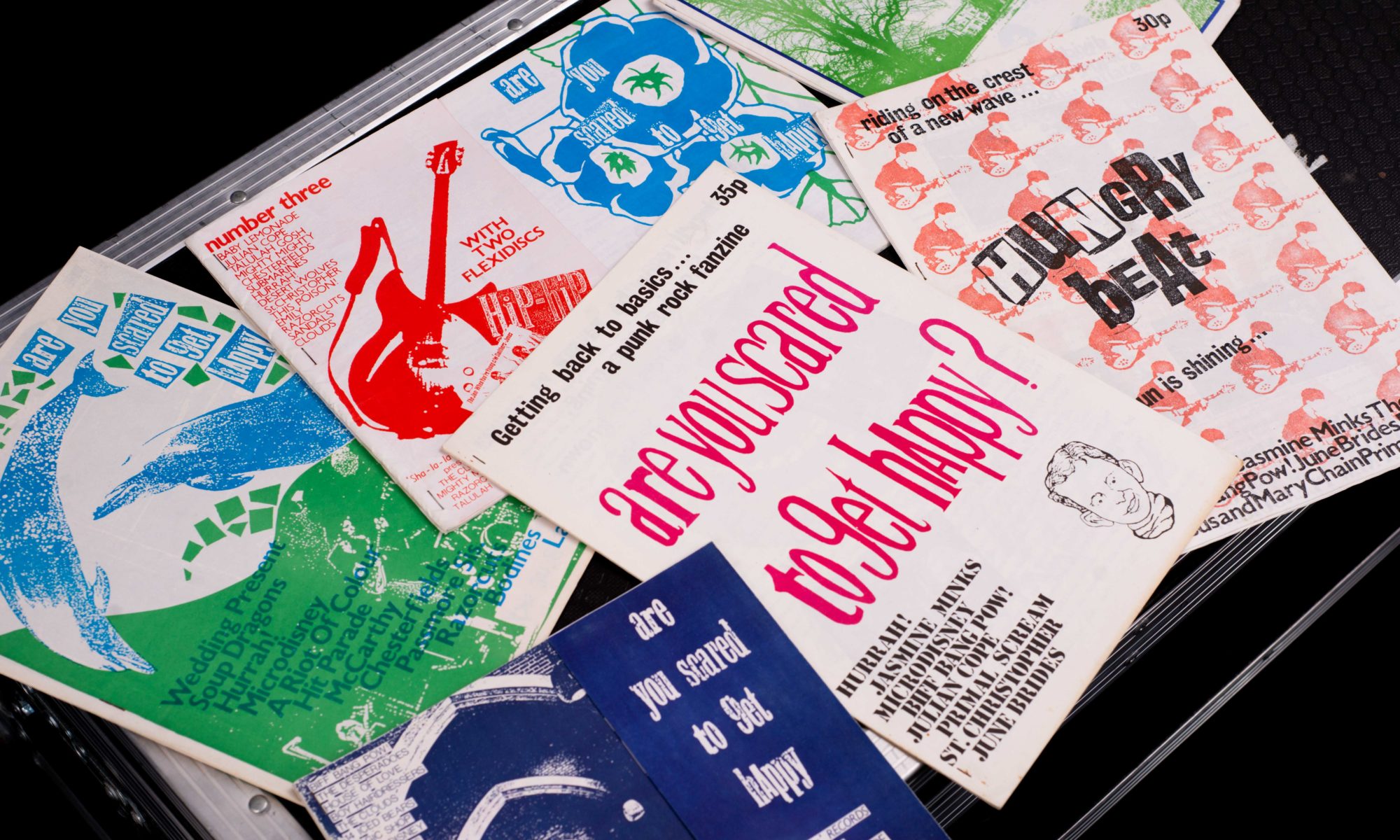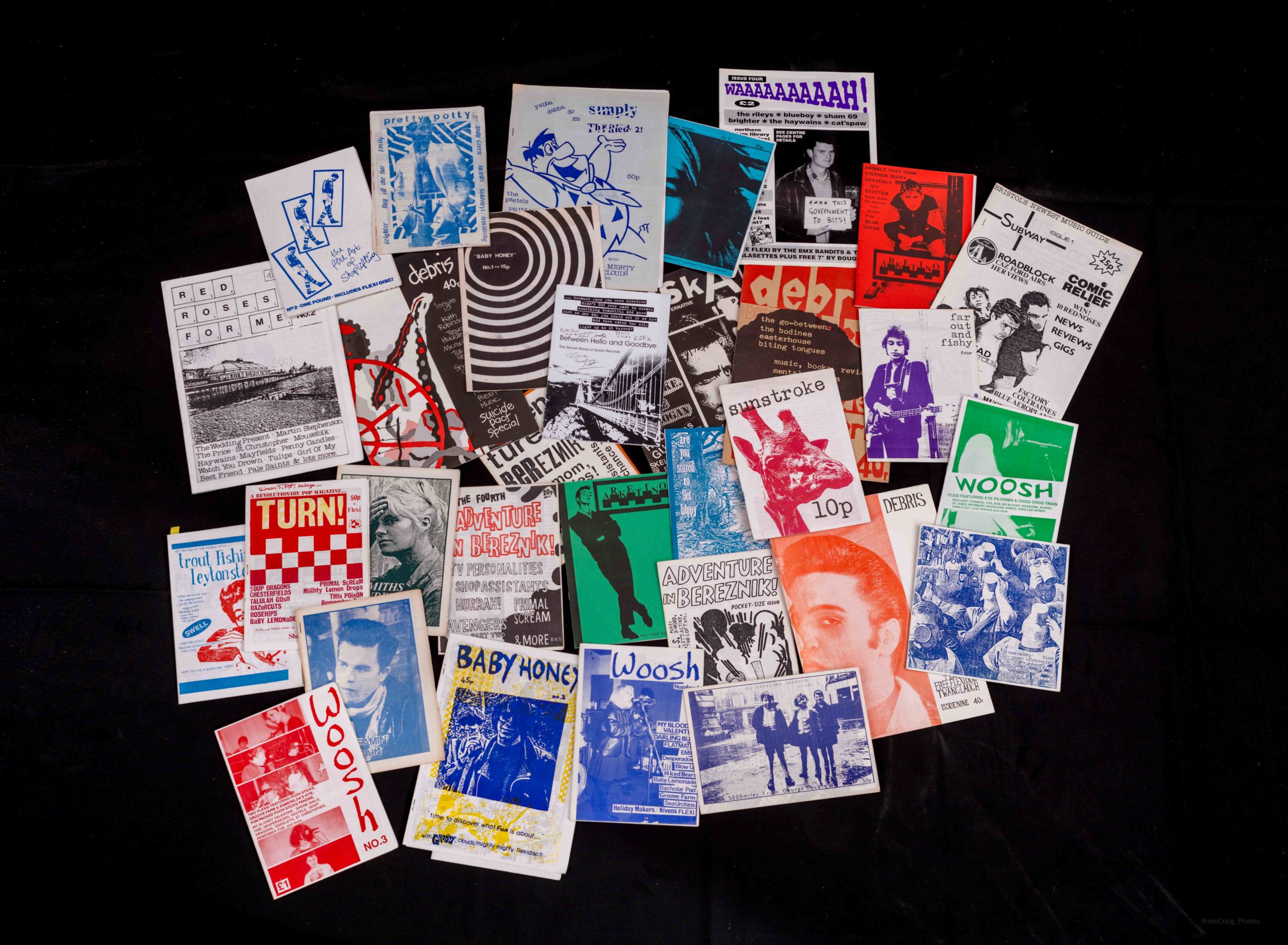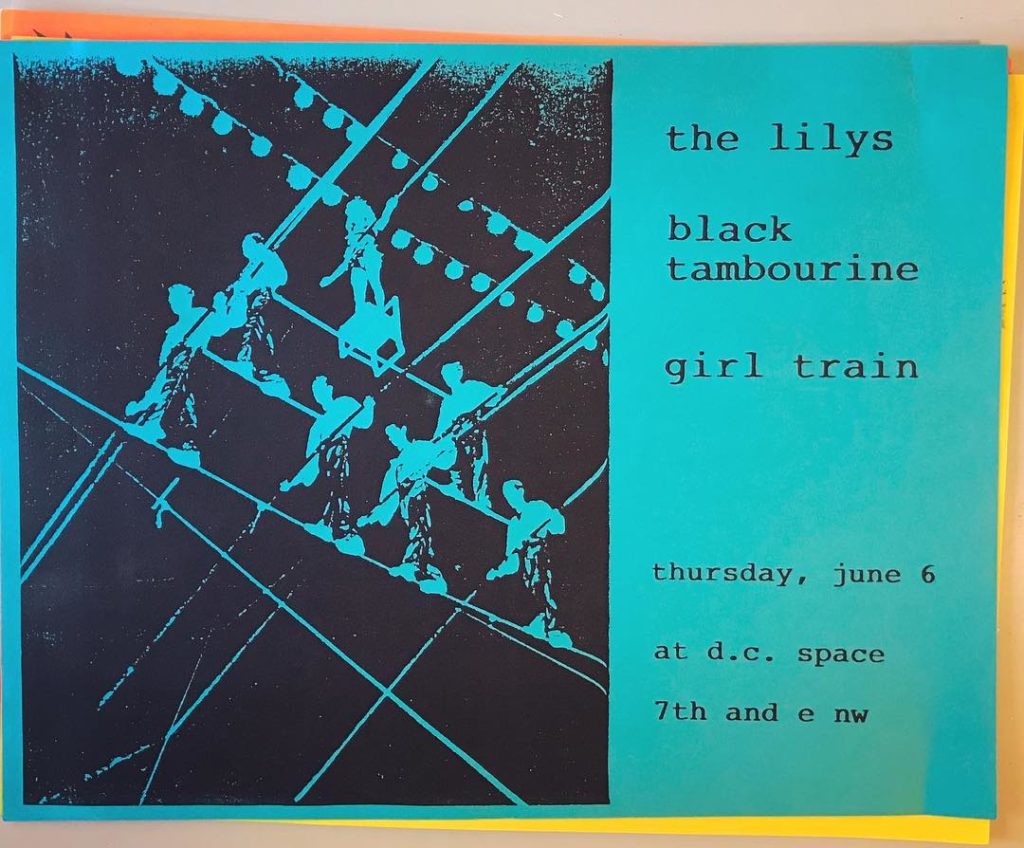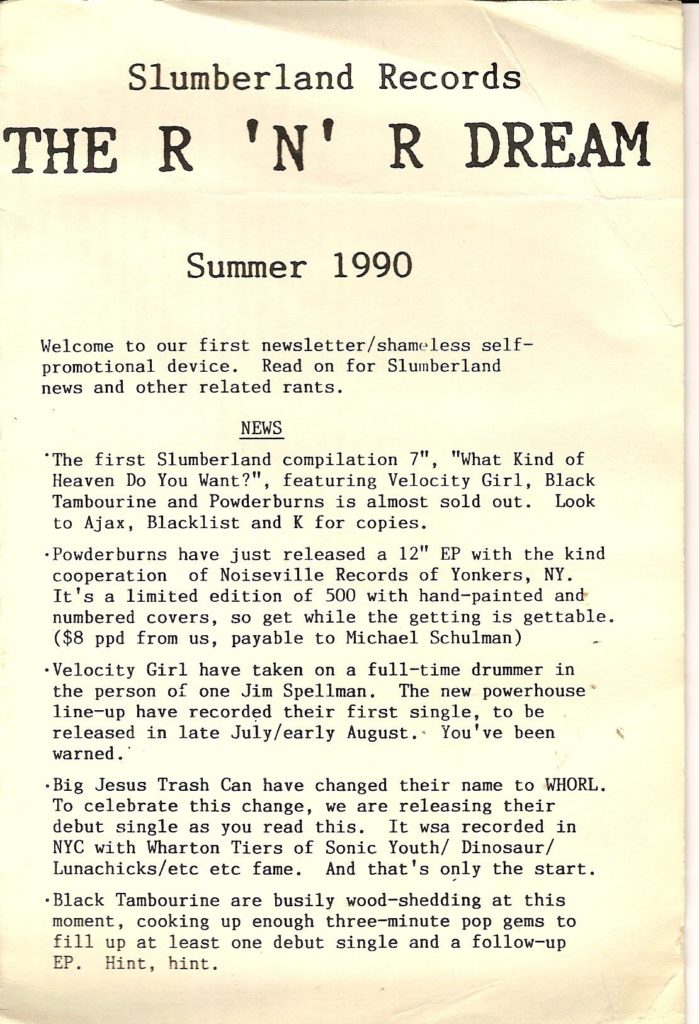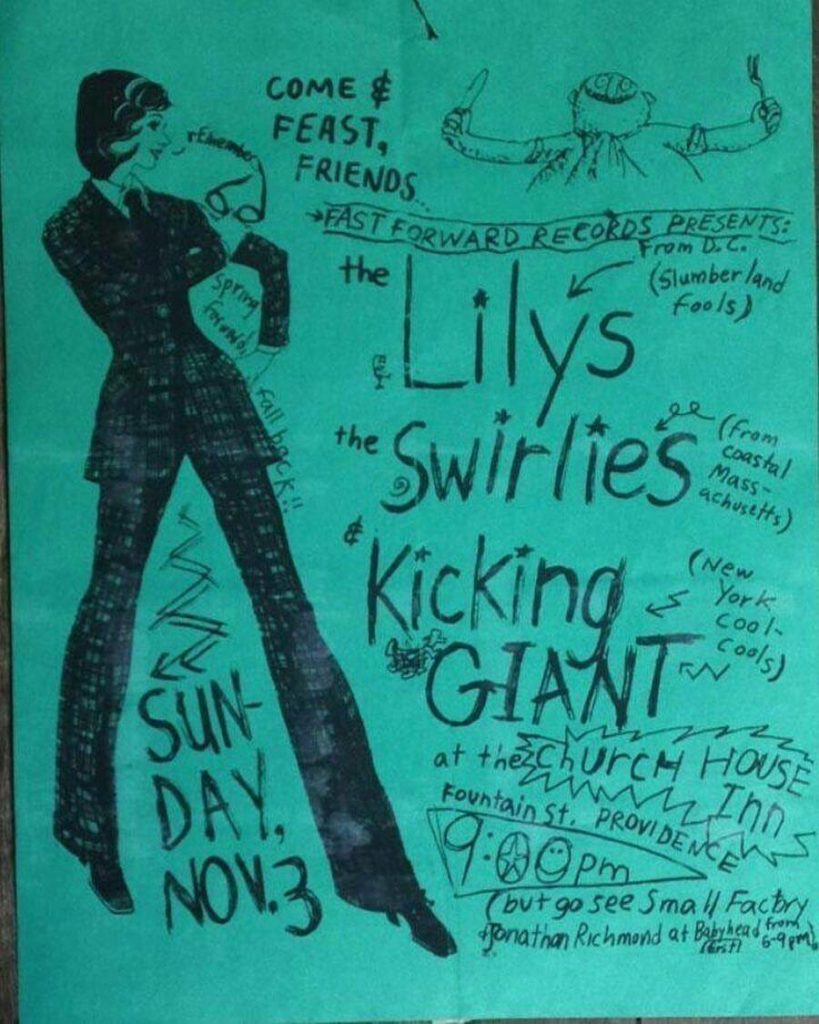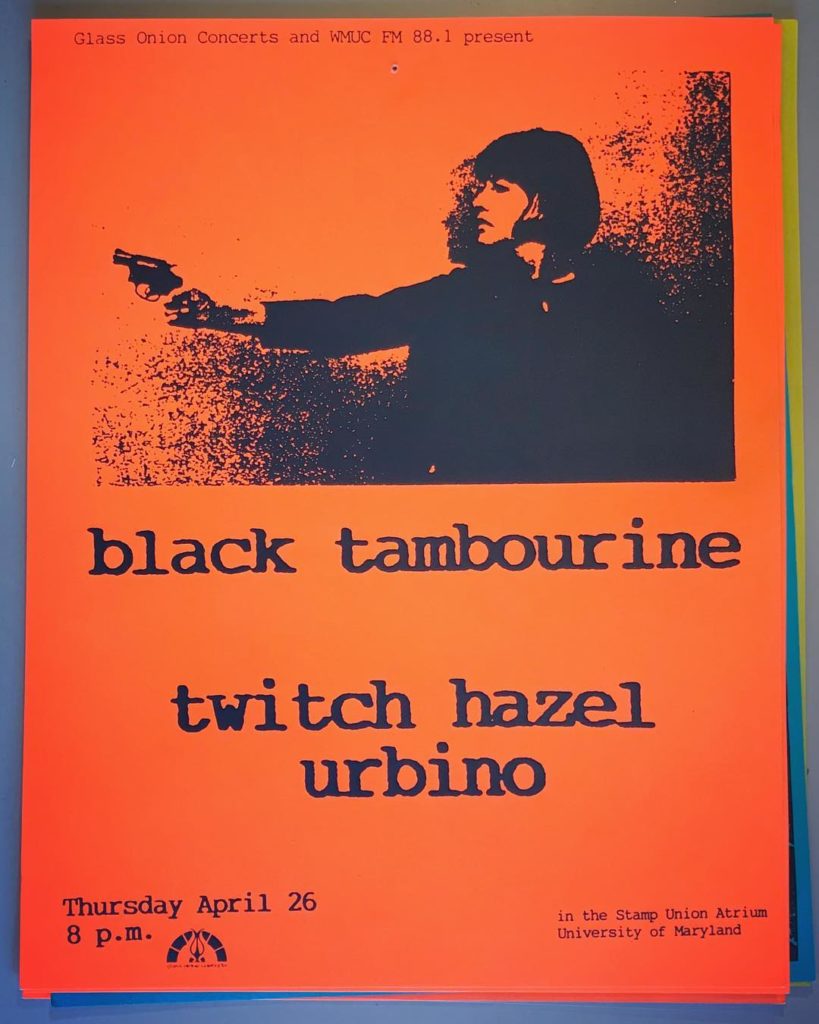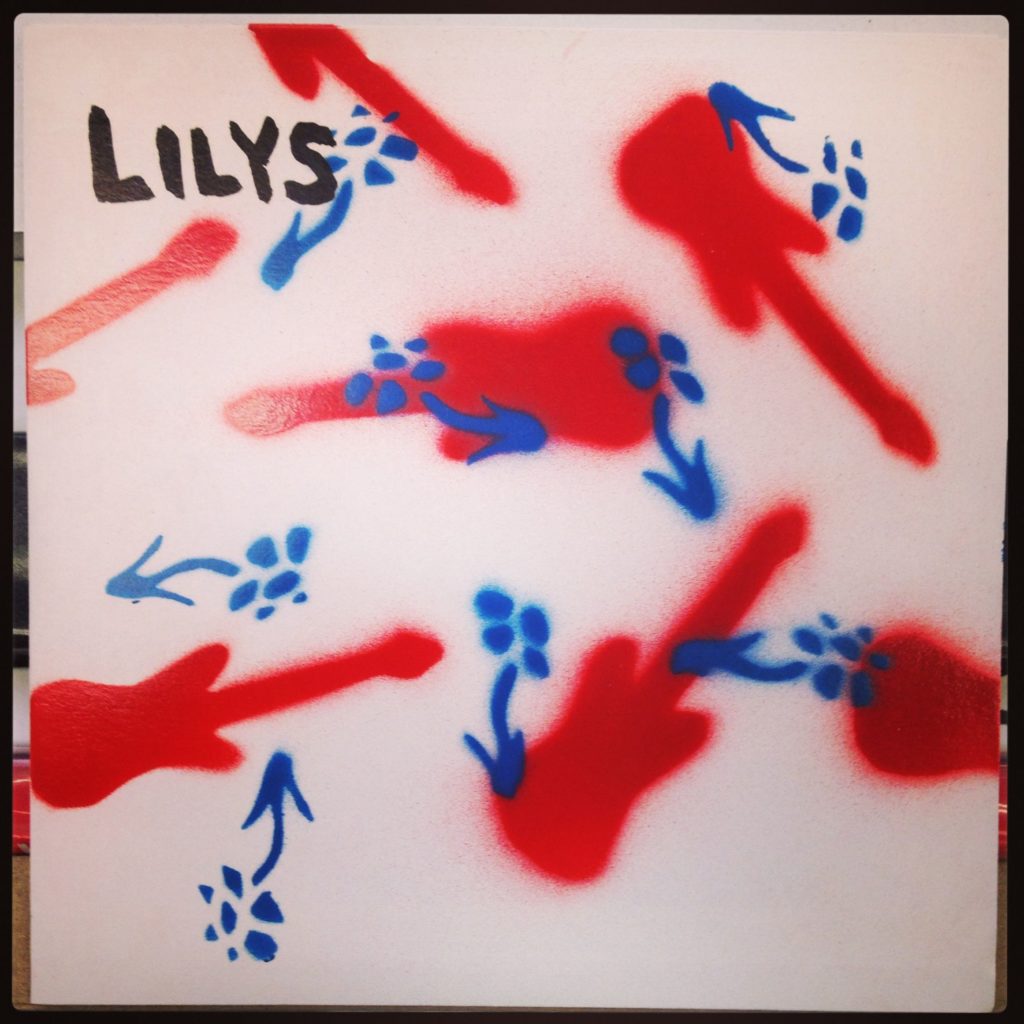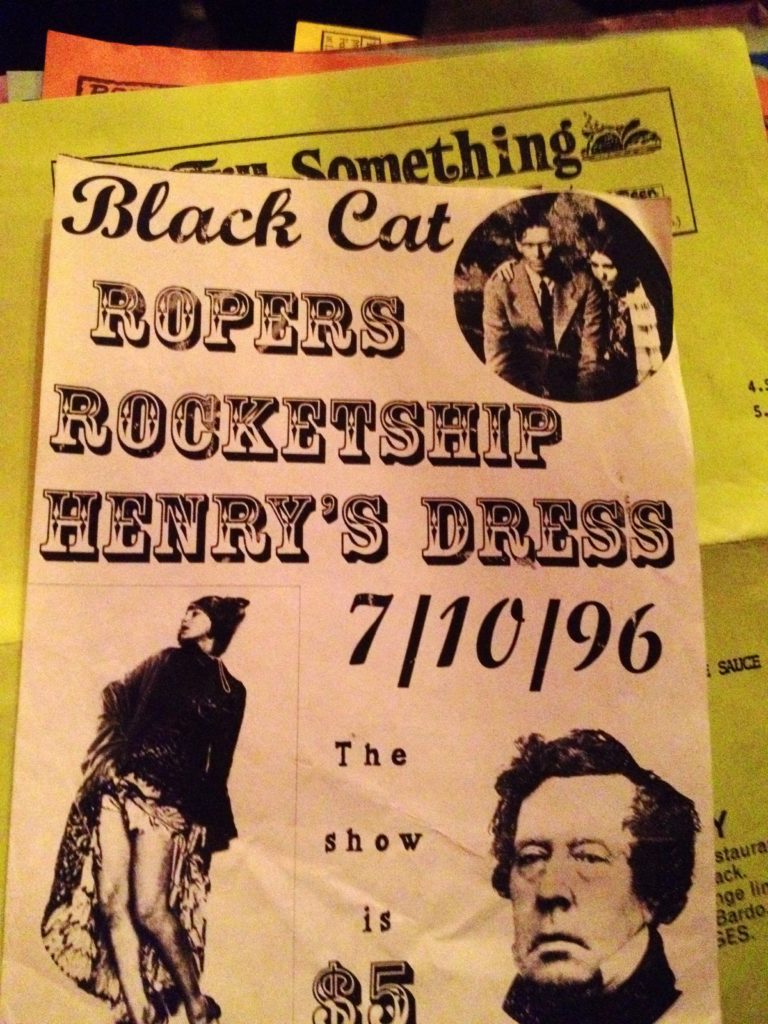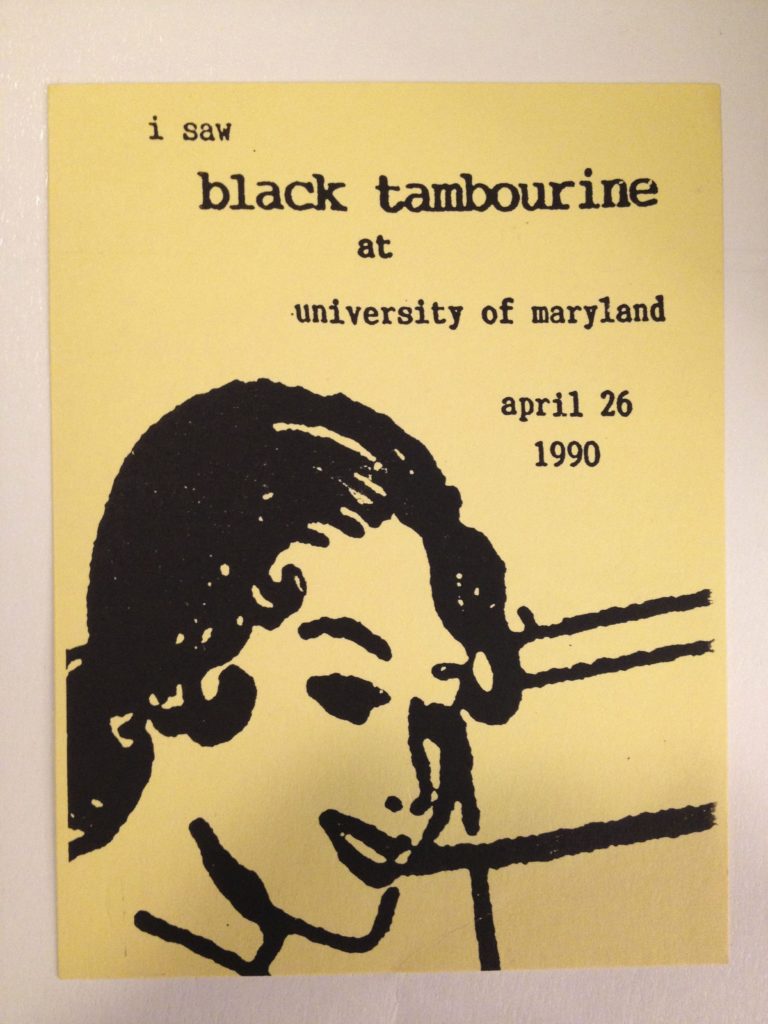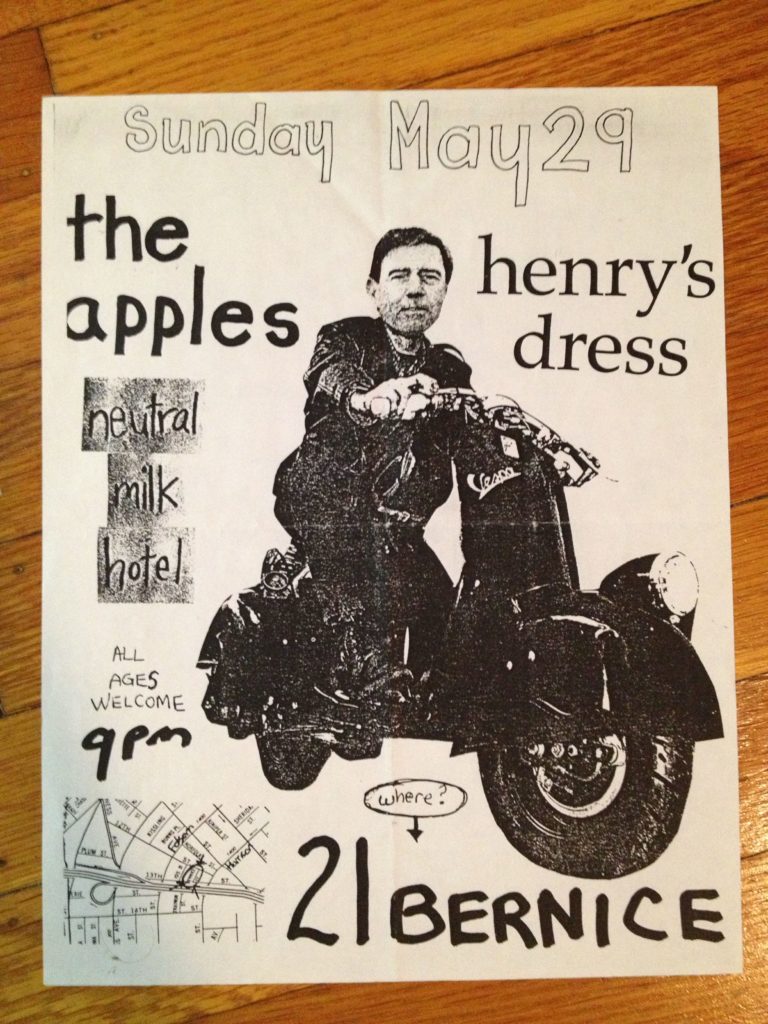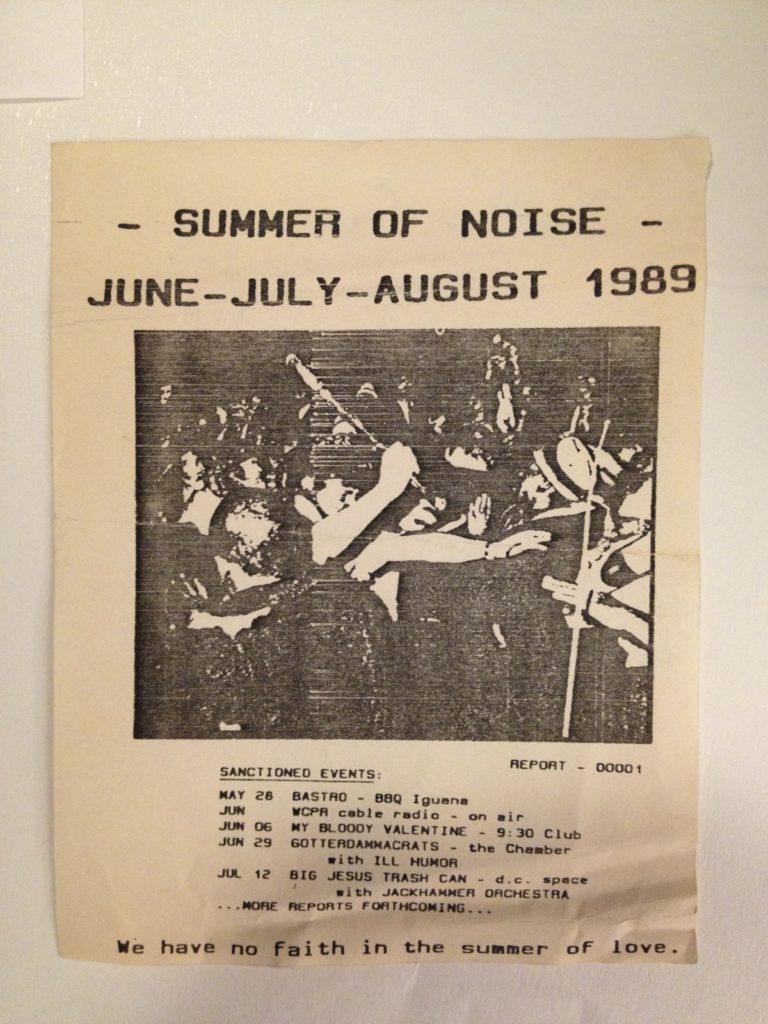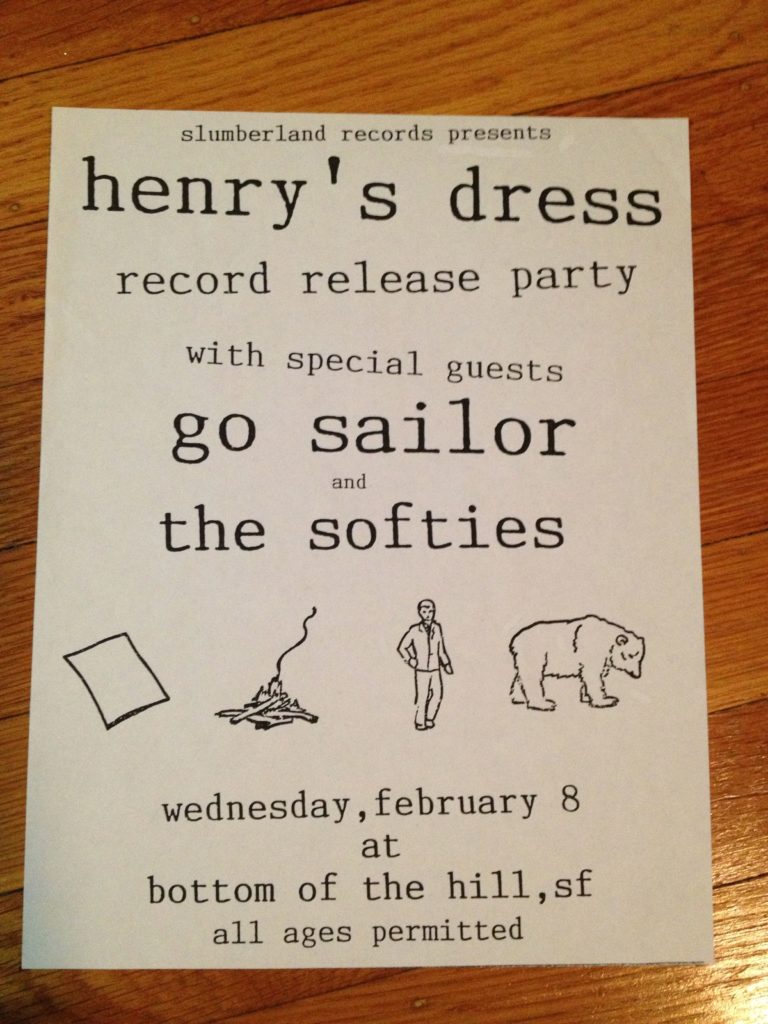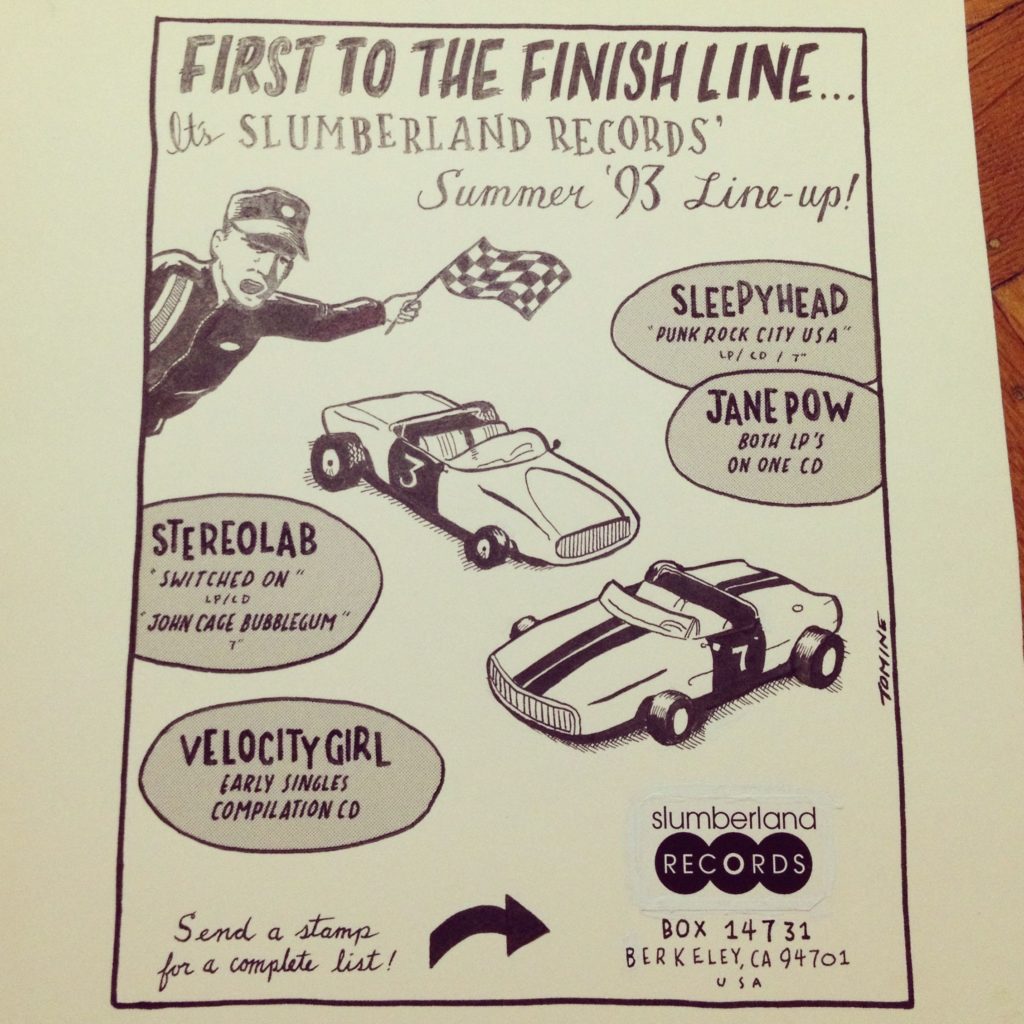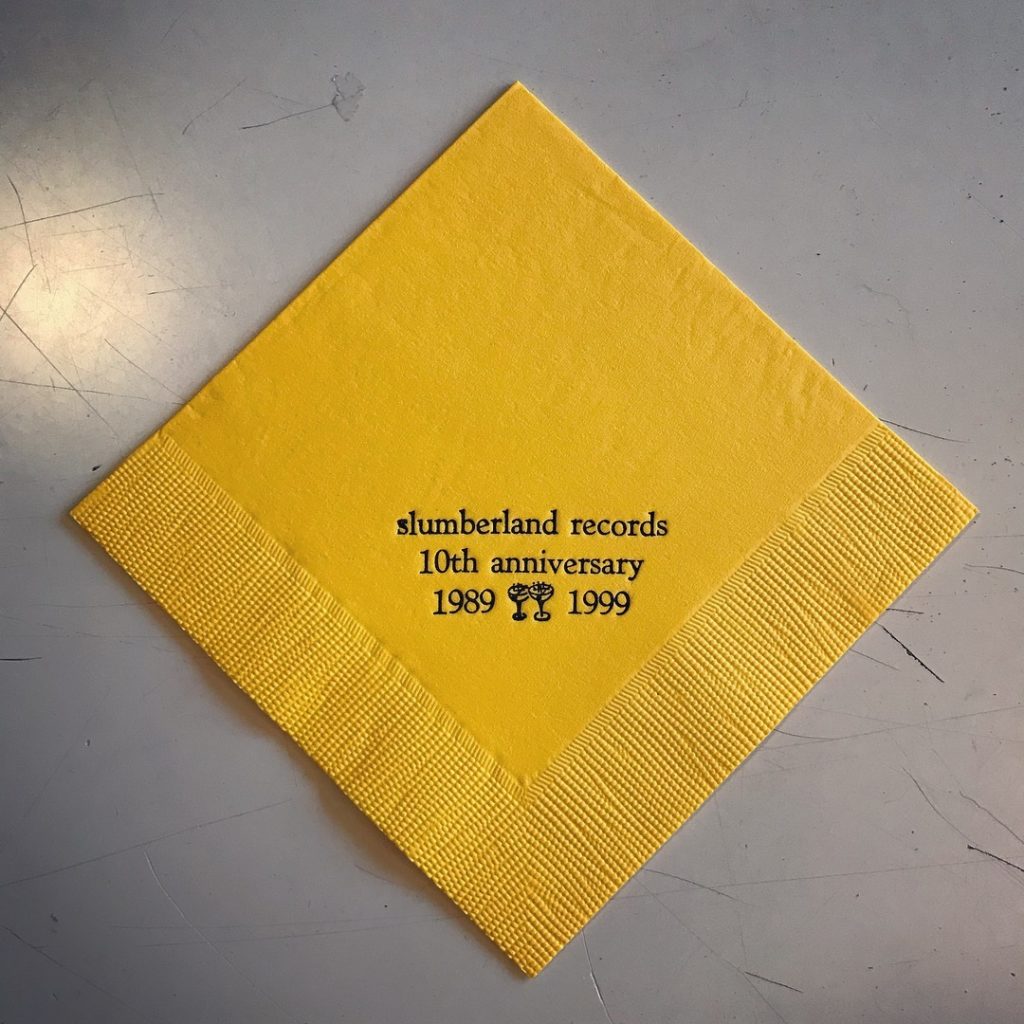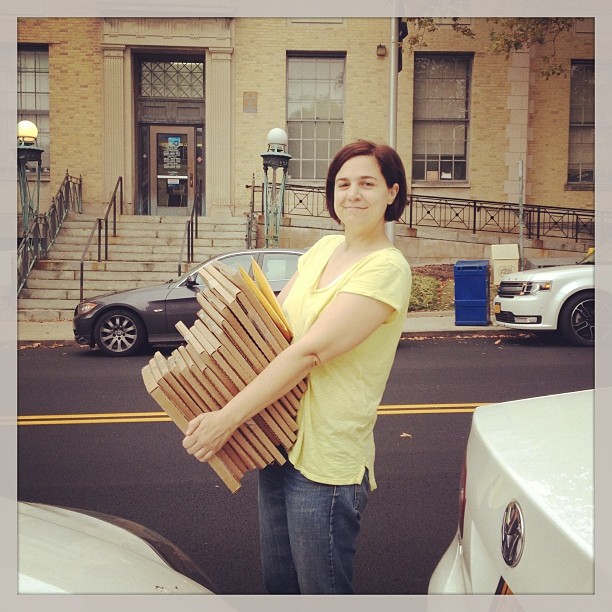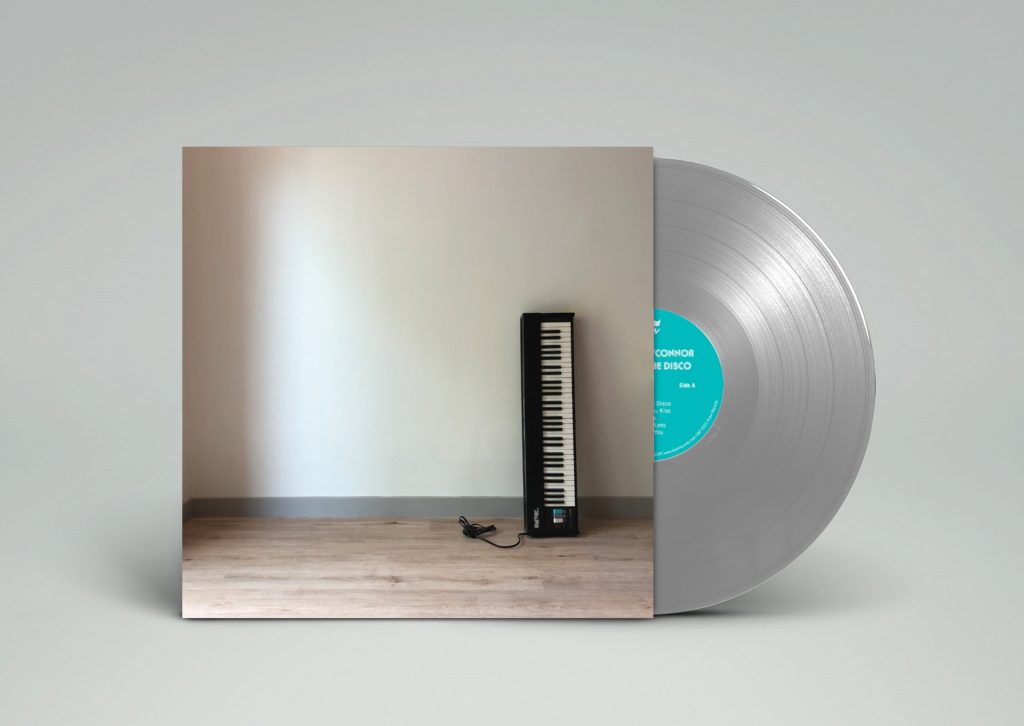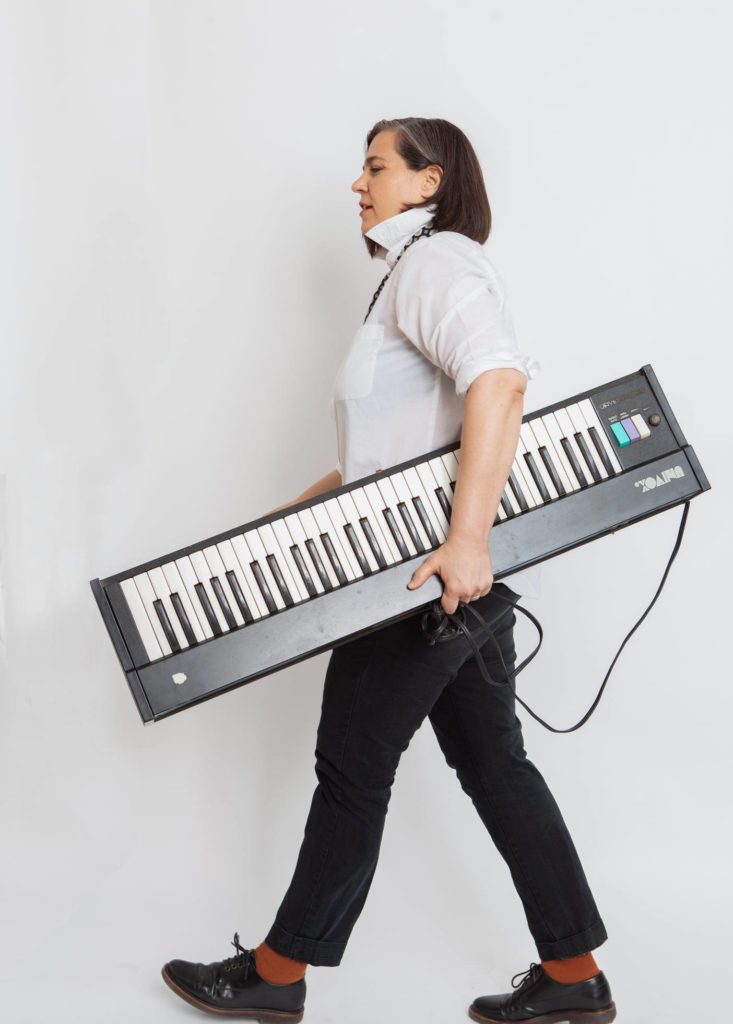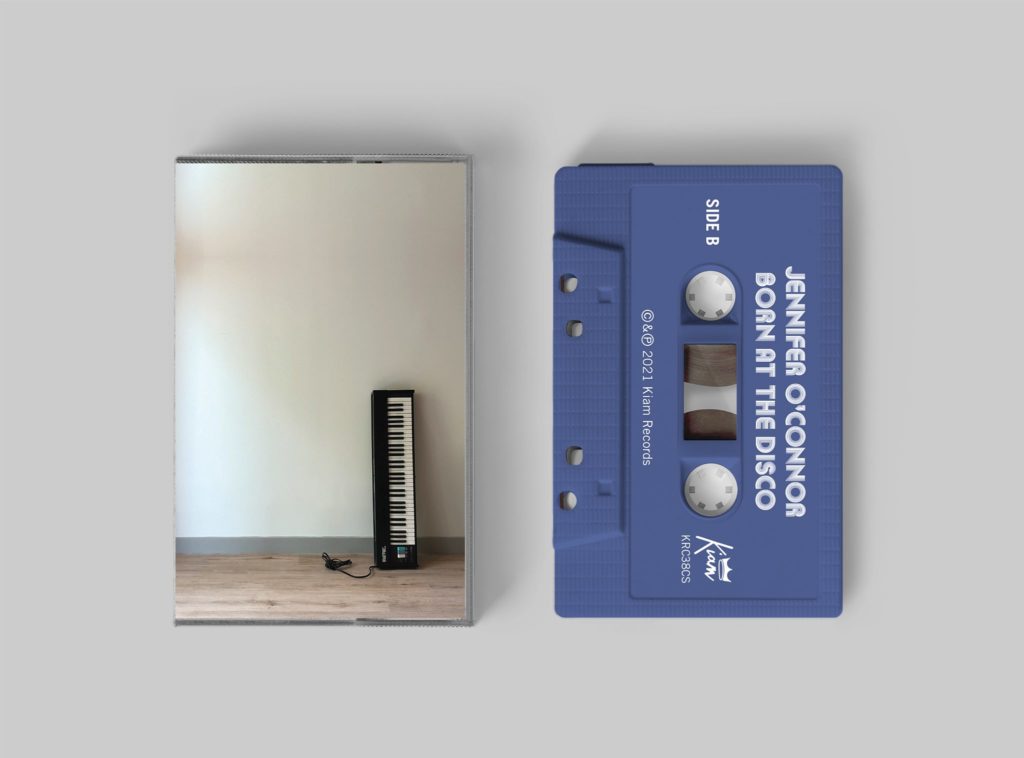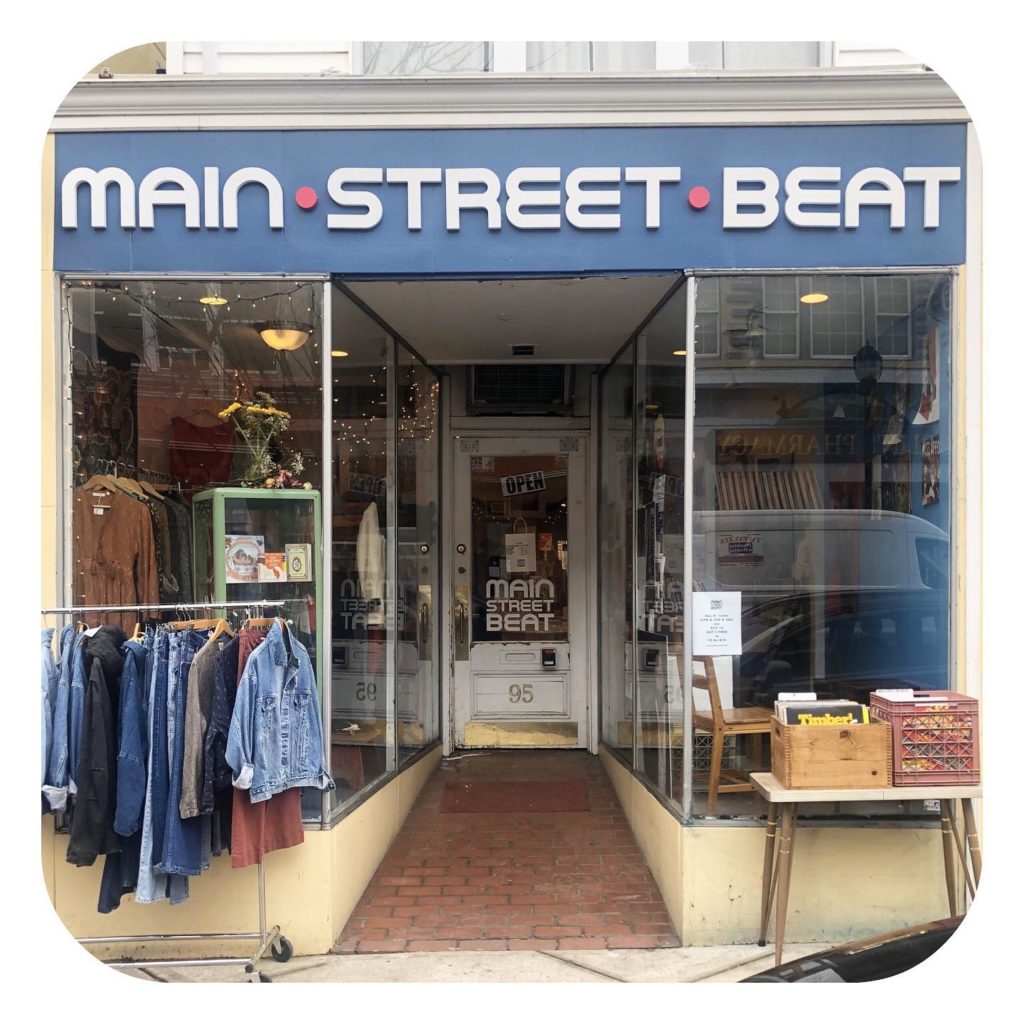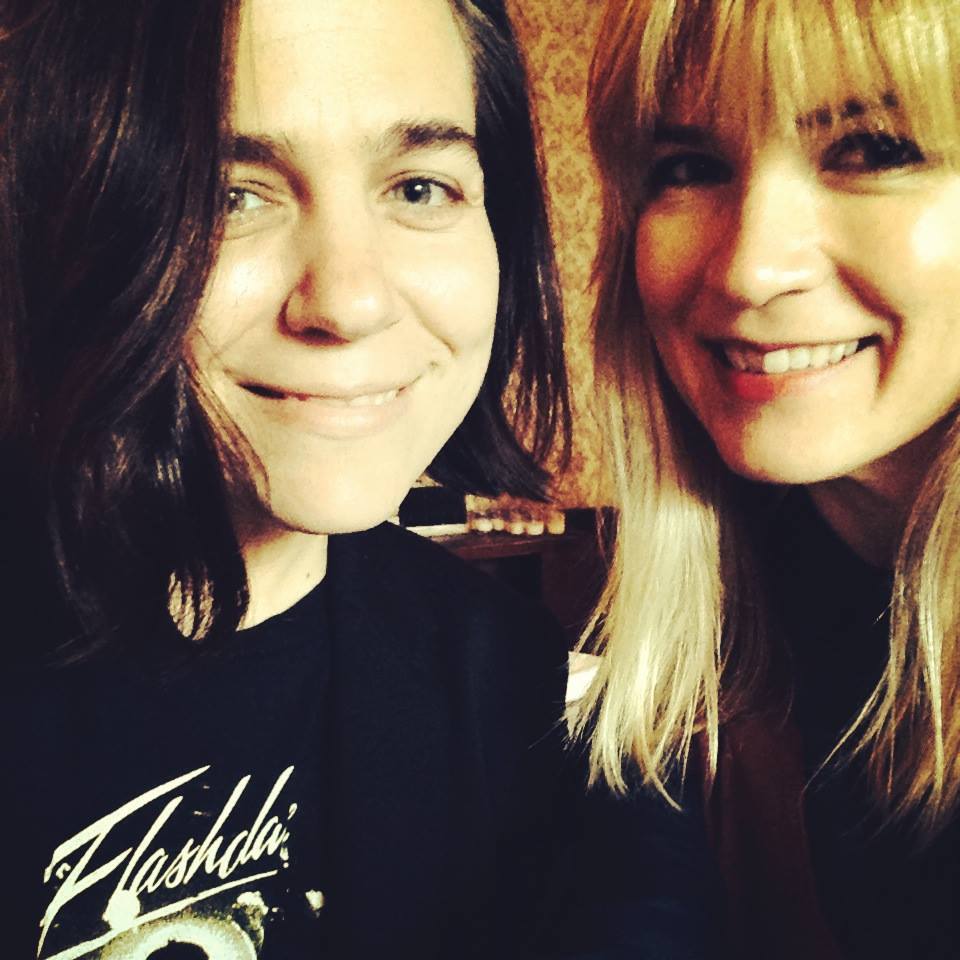Happy publication day to These Things Happen: The Sarah Records Story by Jane Duffus (on Tangent Books). Jane says that “Sarah’s co-founders Clare Wadd and Matt Haynes were both very involved with the production of the book, which also features almost 130 interviews with band members, fans, fanzine writers, journalists etc, and very much takes a feminist and fan’s approach to the label. The book is 450+ pages, 250+ pictures, hardback, and was three years in the making.”
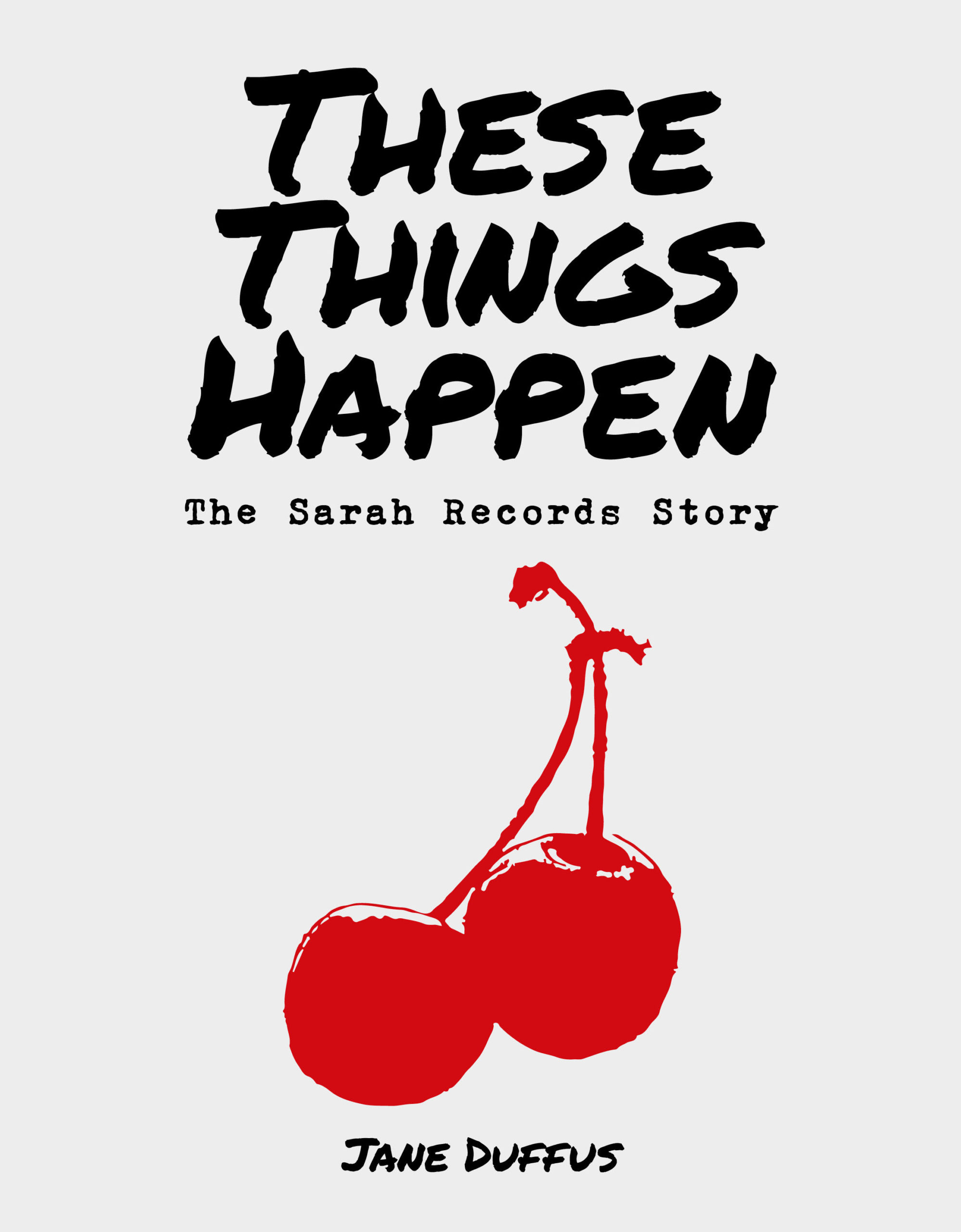 Author Jane Duffus says: “It’s been a long three years creating this book but, once you hold that beautiful new book in your hands, you instantly forget all the blood, sweat and tears that cropped up along the way. This may be my sixth book but the excitement never lessens when you open that initial box of books and pick one up for the first time. I always knew that this would be a big book but it just kept growing and growing. There was so much to say about this inspirational indie record label, and so many stories from the interviewees that I wanted to share, and to finally see them on the page is very rewarding. I just hope, now that the book is out in the world, that other people also enjoy it. It’s a bit nerve wracking, to be honest!” Please scroll down to read part of the chapter on something we care deeply about…
Author Jane Duffus says: “It’s been a long three years creating this book but, once you hold that beautiful new book in your hands, you instantly forget all the blood, sweat and tears that cropped up along the way. This may be my sixth book but the excitement never lessens when you open that initial box of books and pick one up for the first time. I always knew that this would be a big book but it just kept growing and growing. There was so much to say about this inspirational indie record label, and so many stories from the interviewees that I wanted to share, and to finally see them on the page is very rewarding. I just hope, now that the book is out in the world, that other people also enjoy it. It’s a bit nerve wracking, to be honest!” Please scroll down to read part of the chapter on something we care deeply about…
Chapter 5: Fanzine Culture
In the olden days, when the internet and email were just twinkles in the sky, the best way for music fans to share their love of the things that rocked their world was via self-published fanzines. The modern equivalent of a fanzine would be a blog but the ephemeral nature of them – and the changed means of production – creates an entirely different dynamic, so it’s not a perfect comparison.
The origin of music fanzines is commonly dated to the punk heyday of the 1970s, although fan magazines go back to the 1930s. The thinking is that fanzine writers typically have an opinion that is in opposition to that expressed in the mainstream media, hence the need to self-publish. Fanzines also enable fans of a particular thing to find and communicate with each other, thereby opening up a dialogue that would never otherwise have been possible.
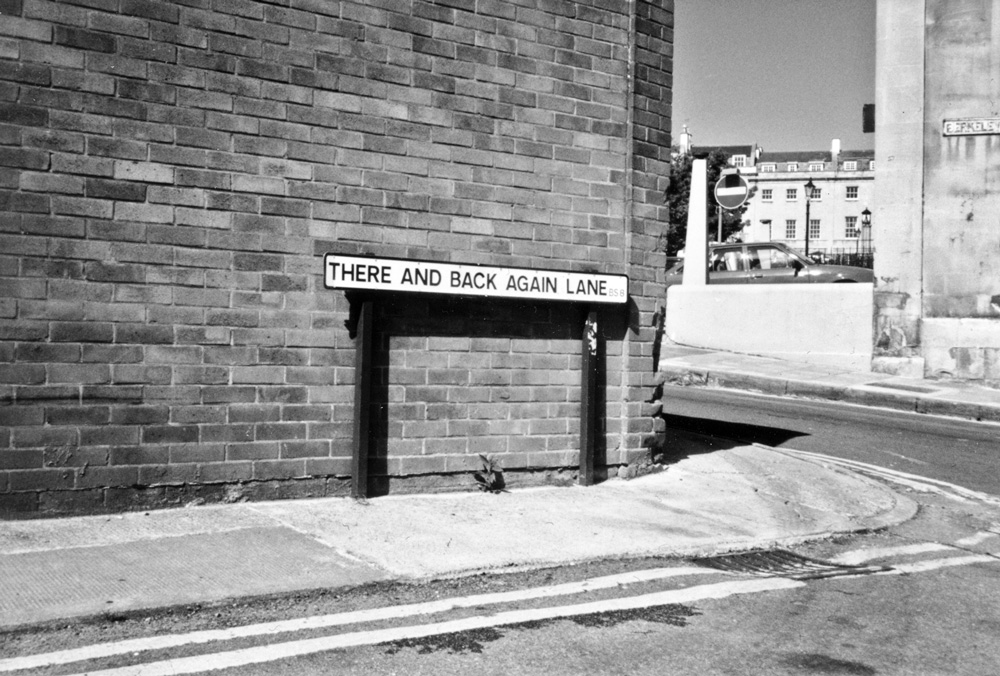
To buy a music fanzine, you would tape coins to bits of card and post these all around the country. You might hear about fanzines through adverts in things like NME or Melody Maker, or more commonly from the tiny slips of paper that fell like colourful inky snow from inside your most recent mail-order fanzine delivery. It was the habit of fanzine writers and flexi producers to create these tiny ads, squeeze as many as possible onto a sheet of A4, and photocopy this onto coloured paper. Then cut these sheets up and send batches of the ads to other fanzine writers to distribute. This, along with reviews in more established titles, was how we heard of other people’s fanzines. It was a very successful and introverted network of quiet people making silent contact with one another. Most of us would never meet face to face and were quite happy about that.
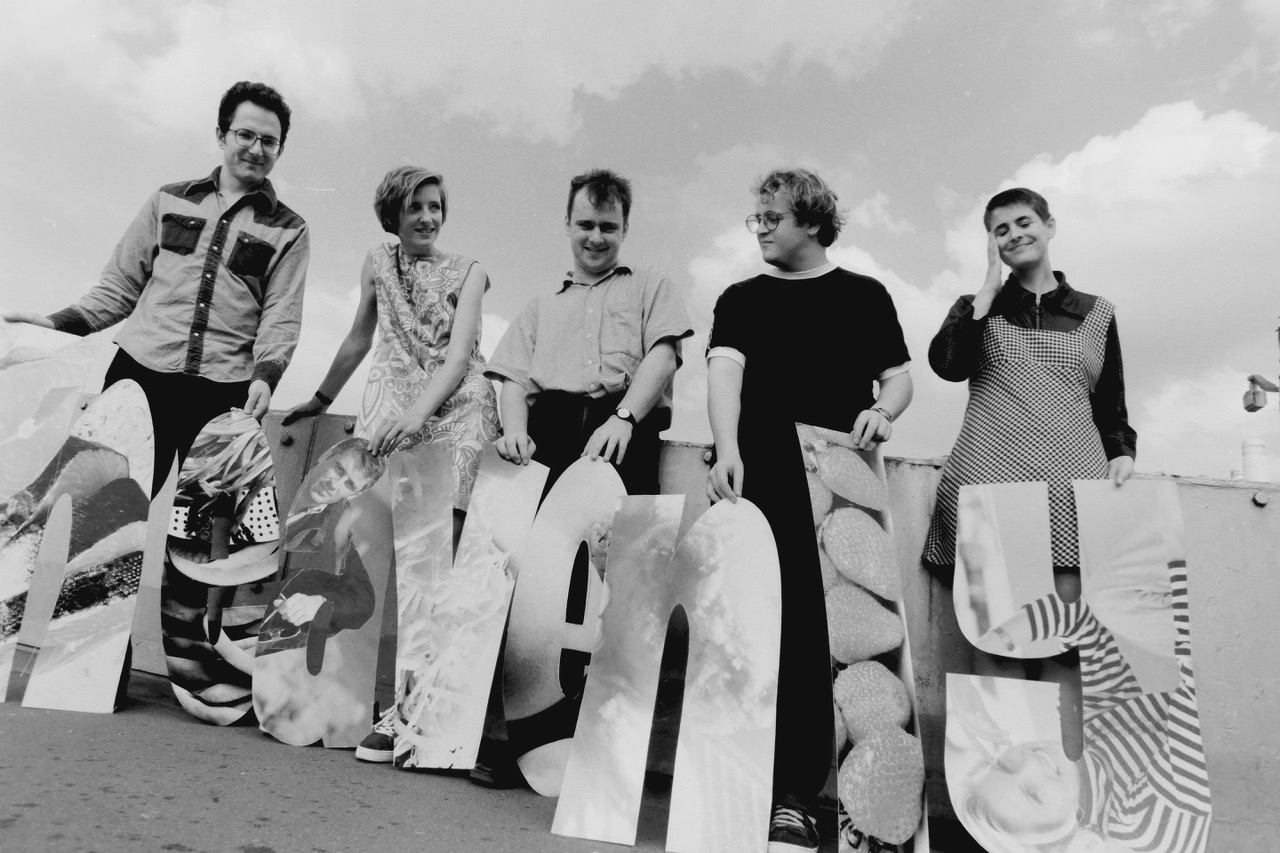
The other tried and tested method for selling fanzines was at gigs, so long as you lived in a town that put on gigs and you had the courage to go up to strangers and demand they hand over 30p in exchange for your photocopied musings. Mark Taylor was the editor of the popular Smiths Indeed fanzine, which he ran from his parents’ home in Bristol and sold all over the country. However, he remembers one of the pitfalls of having a successful fanzine: “I didn’t think about the weight of coins after selling 100 or 200 fanzines. I’d have to try and get through the gig without my jeans falling down!” Although this level of success wasn’t something most fanzine writers needed to worry about.
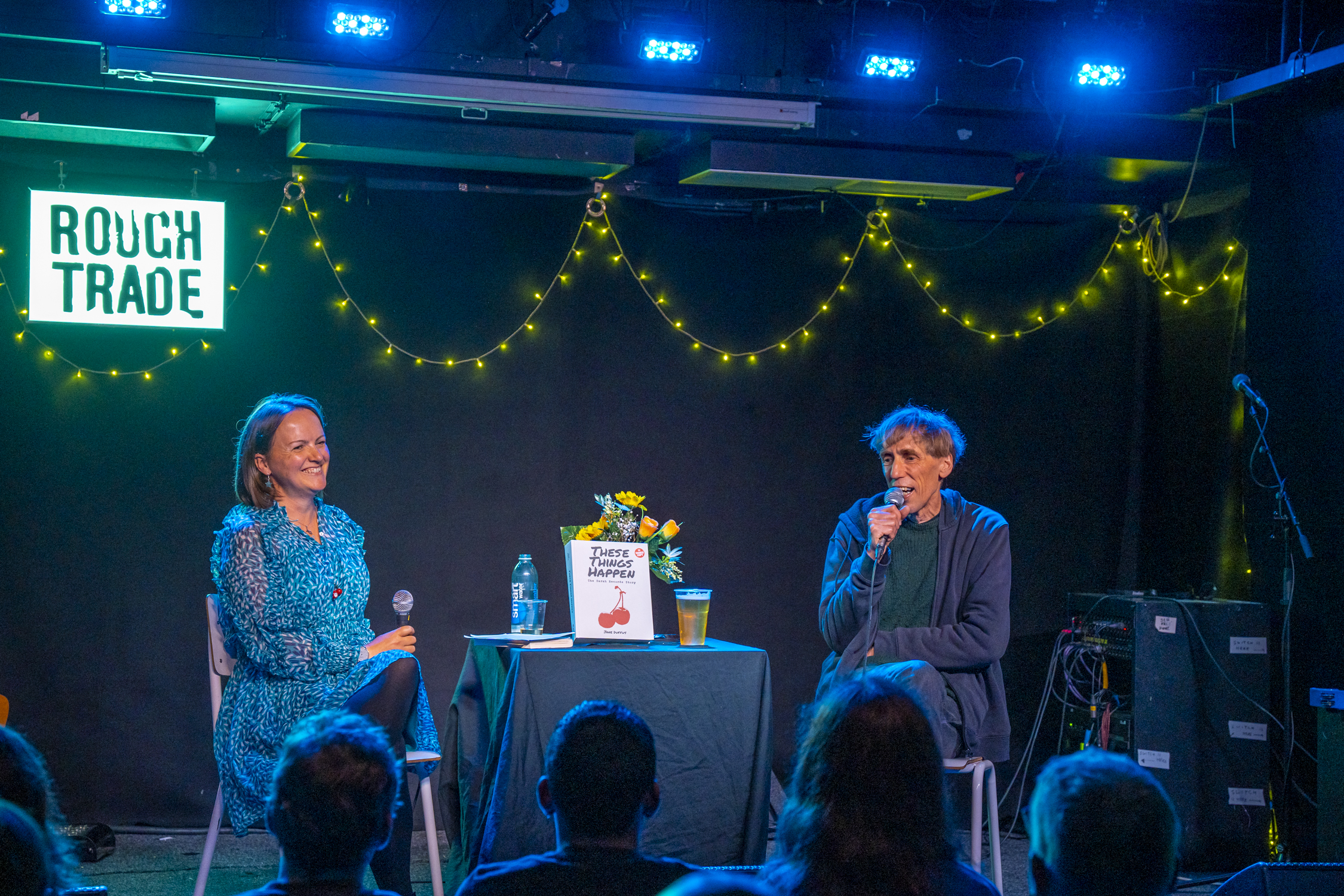
Chris Tighe and Robert McTaggart mostly sold their fanzine Far Out And Fishy at gigs and, according to Chris, would “just walk up to hundreds of total strangers, butting into their conversations, sticking a piece of printed paper under their noses, saying ‘Hey, would you like to buy a fanzine? It’s only 25p!’ and getting told to ‘fuck off’ once in a while.” He adds: “I wasn’t exactly an outgoing person and I’ve got a slight stammer, so it baffles me that I was able to do it.”
Rob Sekula of 14 Iced Bears tells me: “It was great to see fanzines being sold at gigs, they added to the excitement. Similar to how football programmes added to the sense of occasion when I went to Tottenham as a kid. They were a more immediate, less industry way to find out about good new bands and discover things like great records and bands from the past, from people who had similar tastes. Along with John Peel they were pretty useful in the days before the internet.”
Davey Woodward from The Brilliant Corners adds: “I always thought fanzines were a great thing to happen because I felt we were very close to going back to a time where big multinational labels just ruled the roost in terms of what happened. And I think, in those Thatcherite 1980s, there was a definite reaction against that. People thought, ‘No, I am going to do my own thing, I’m going to make it the way I want to make it.’ It was important in the wider scheme of things to create a scene for a group of people.”
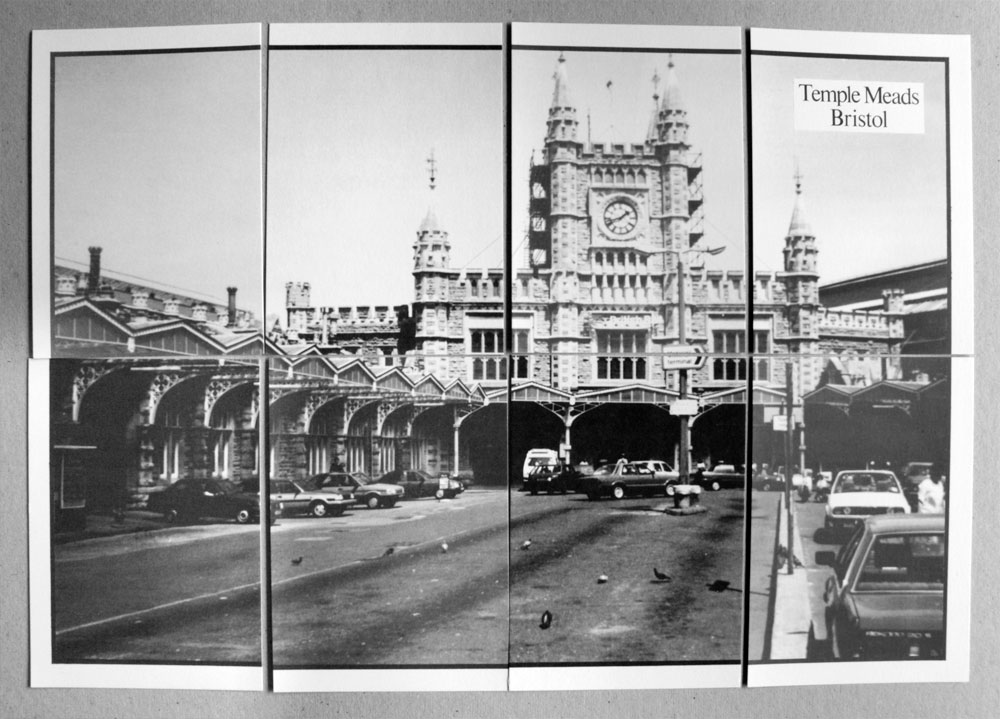
Simon Barber, bassist with The Chesterfields, agrees: “Fanzines were so important. The difference between fanzines and the music press is you only write about something in a fanzine if you love it. If there’s a good review in the music press, you don’t know if it’s been paid for.” He adds: “I bought every fanzine going. If someone was going round a gig selling a fanzine, I’d buy it, those guys were the best.” Simon still has all his fanzines and kindly loaned me two enormous boxes of them while I was researching this book.
Ric Menck of The Springfields was based in Illinois and says: “The fanzine network meant everything to me back then. I was more interested in fanzines than the British weeklies. The fanzine writers weren’t trying to be cool. They just wrote about what they loved. Before computers came around, fanzines were the way to hear about cool new stuff. The fanzine network was always crucially important to underground music.”
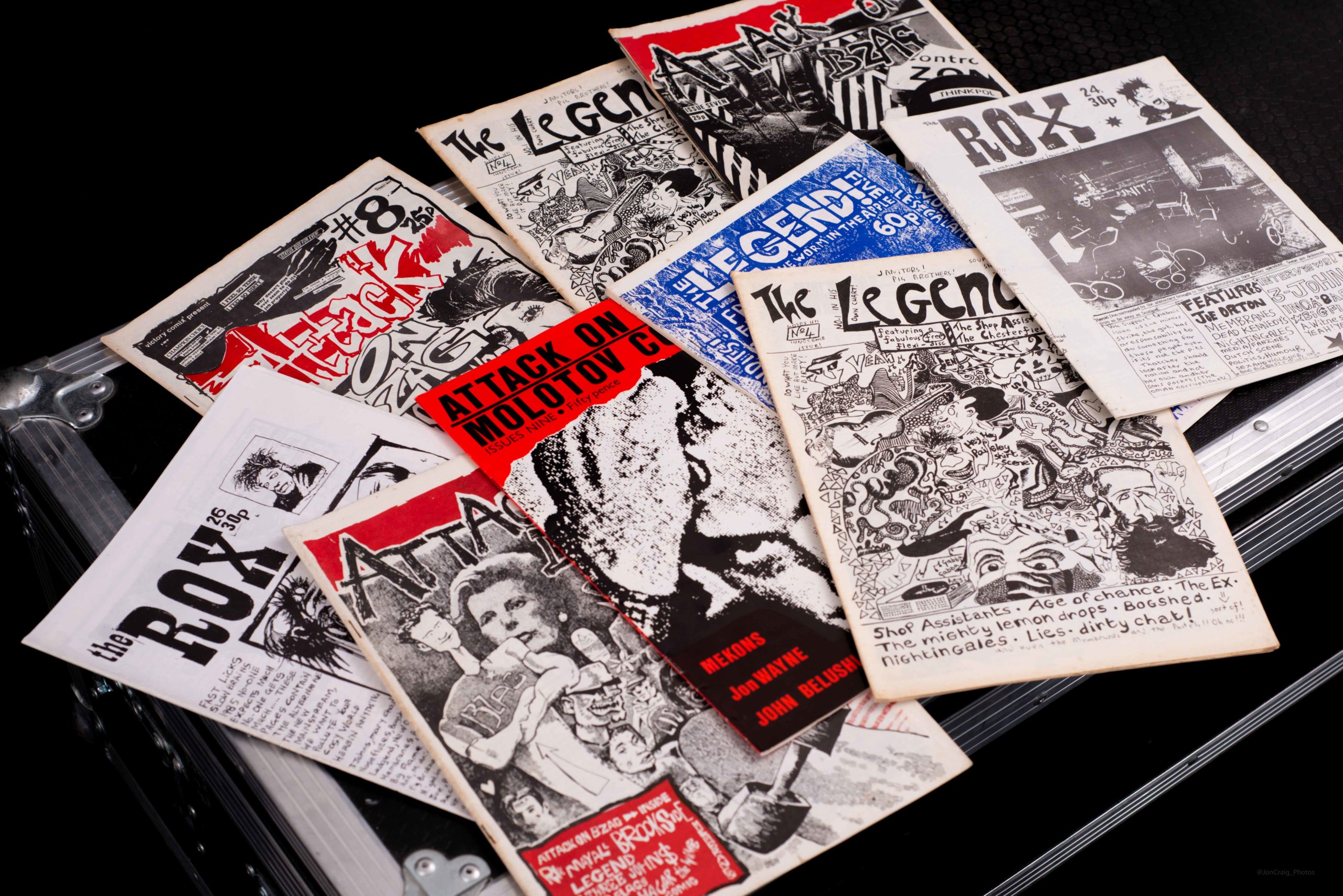
Influential fanzines that came in the years immediately preceding Sarah included the following three, all of which certainly made an impact on readers and bands. Their editors also all went on to make their mark on the world of pop culture in one way or another. Tellingly, these are all by men.
- Attack on Bzag was run by James Brown from Leeds, who would go on to write for NME and Sounds, edit troublesome lads’ mag Loaded and men’s monthly GQ. He later become editor-in-chief for the Sport Newspaper Group which, despite the name, has nothing to do with football but everything to do with topless women and absurd sex stories.
- Meanwhile, John Robb from Lancashire was running Rox when he wasn’t in punk band The Membranes. John told online magazine JSNTGM: “The best fanzines were out of control, quite literally out of control! They wrote in their own style about their own music and were not filtered by the music business … I love cut and paste artwork which very much matched the cut and paste nature of the punk and post punk music.” John went on to write for Sounds, Melody Maker and various national newspapers. These days he runs the music website Louder Than War.
- Jerry Thackray launched a fanzine that was called The Legend! and – bizarrely – he also put out the first single on Creation. After his fanzine finished, Jerry wrote for NME (as The Legend!), before moving to Melody Maker and adopting the pen name of Everett True. “I guess I was quite idealistic,” says Jerry now. “But maybe that’s what separated some of the fanzine writers apart. Some of us really did believe that passionately in what we wrote about.” Talking about the way that he adopted a different approach to many of his contemporaries, Jerry says: “I saw all these post-punk fanzines and they all had interviews in. And I was like, ‘These interviews are fucking crap, they’re just really bad versions of the music press’. I couldn’t speak to people and it just so happened that music was easily the thing I was most passionate about so I wrote about music, and that’s all I’ve ever done my entire life.” He still writes about music and teaches music journalism in London.
To continue reading the section called Fanzine Culture, order the book via Tangents in the UK or Rough Trade in the U.S.
To find out about upcoming events (or perhaps arrange one), visit Jane’s website.
